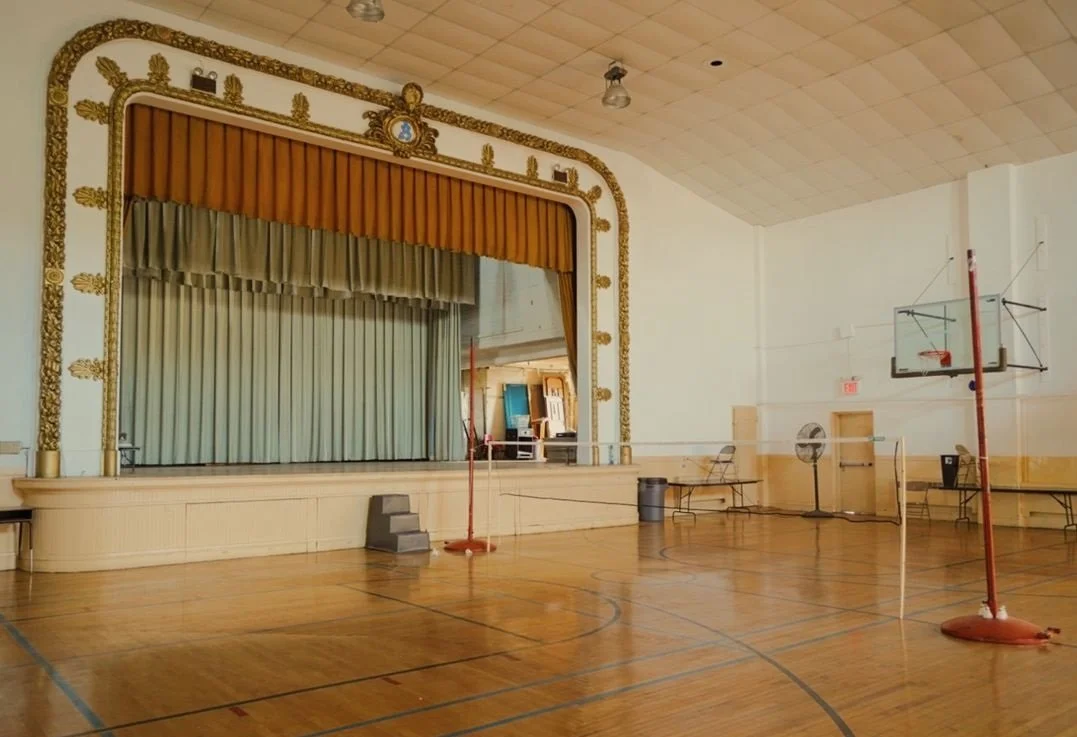Why Local Theatres Shouldn't Solely Depend on Town Government Funding
by Chris Peterson, Onstage Blog Founder
Last week I was notified that a community theatre had to cancel its plans to produce the musical Kinky Boots because their proposal had gotten rejected by the Republican-controlled local government. Why did they have to seek approval from local government officials? Well, that’s because this community theatre is tied to the town through its Parks & Recreation department, which means government funds would be involved. And that means the town has a say in the theatre’s programming, which can be affected by which way the politics lean in that area.
I can certainly see the valid reasons why local theatre companies would want to partner with local towns(funding, facilities, etc), but there are plenty of reasons why this should be avoided, if possible.
One of the primary concerns with relying solely on town government funding for local theatres is the susceptibility to political influence. When theatres become heavily dependent on government funding, they become vulnerable to shifts in political leadership and changing priorities. A change in the town's political party control can result in funding cuts or alterations in the allocation of resources, leaving theatres in a precarious financial position.
In such situations, theatres might find themselves at the mercy of political decisions that may not necessarily align with their artistic and community-driven goals. This vulnerability compromises the artistic integrity of local theatres.
Government funding often comes with conditions, guidelines, and expectations that may limit the scope and nature of productions. Such is the case here with the production of Kinky Boots being rejected.
Artistic directors and creative teams may find themselves in a bind, torn between pursuing their artistic vision and adhering to government requirements.
In my opinion, to ensure the long-term success and sustainability of local theatres, diversifying their sources of financial support is essential. While town government funding can be a valuable component of their revenue, it should not be the sole source. Other options can include:
a. Private Donations: Encouraging private individuals, businesses, and foundations to contribute to the theatre's mission can provide a stable source of funding.
b. Corporate Sponsorships: Partnering with local businesses for sponsorship opportunities can provide financial support while promoting community engagement.
c. Ticket Sales and Membership Programs: Building a loyal audience base through ticket sales and membership programs can generate consistent revenue.
d. Grants and Arts Funding: Seeking grants and arts funding from state and national organizations can supplement local funding sources.
e. Fundraising Events: Hosting fundraising events, such as galas, auctions, or benefit performances, can engage the community and raise funds.
f. Collaborations and Partnerships: Collaborating with other arts organizations, schools, or community groups can open doors to shared resources and funding opportunities.
Local theatres play an invaluable role in enriching communities, fostering creativity, and preserving cultural heritage. However, relying solely on town government funding can jeopardize their autonomy, financial stability, and artistic freedom. The last thing I want to see happen is shows being rejected simply because they don’t align with the town’s politics.
